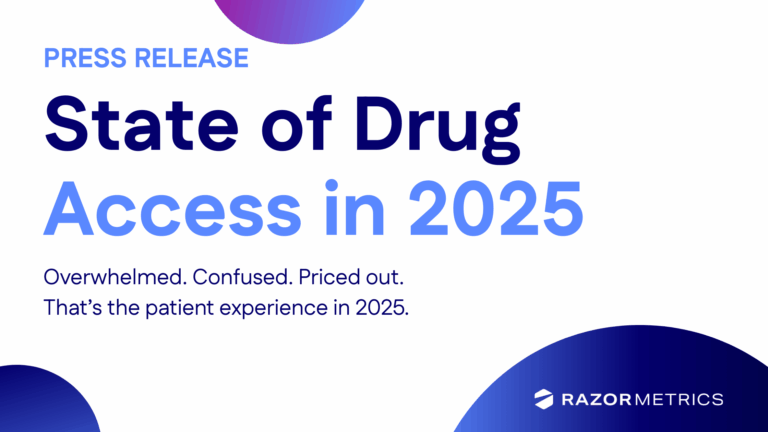The Affordable Care Act (ACA) visibly shifted the healthcare landscape in the United States. Since its passage into law thirteen years ago, the ACA has made it possible for more Americans to access health insurance, and the total number of uninsured people is down to historic lows. Discrimination against patients with pre-existing conditions is a thing of the past. States expanded coverage to CHIP and improved child health across the country. The ACA put in place significant consumer protections, and they worked.
But now, the Centers for Medicare and Medicaid Services (CMS) is proposing a change to self-funded small employers that could roll back some of these protections and undermine state insurance oversight.
Expanding Self-Funding Options for Small Employers
The CMS proposal to expand self-funding options for small employers would, in effect, increase the financial risk of providing healthcare coverage to their employees. Since self-funded employers pay for their employees’ healthcare claims directly, large employers took advantage of the option in lieu of purchasing a plan from a health plan. Self-funding offers more flexibility and cost-saving opportunities making it an attractive option for large businesses.
Making self-funding more available to smaller businesses poses various risks for employers and their employees, such as significant financial risks. Small employers may find themselves ill-equipped to manage the complexities of self-insured plans, fluctuations in healthcare costs, and the potential for large, unexpected claims.
Rolling Back ACA Protections
Employees who get their coverage from work could be the real victims. The ACA safeguards individuals and small businesses that purchase health insurance. For example, one safeguard is the guaranteed issue, which ensures that insurers cannot deny coverage based on pre-existing conditions. Additionally, the ACA limited annual and lifetime benefit caps and required plans to cover essential health benefits.
Small employers that choose to self-fund may be exempt from complying with ACA consumer protection rules. An exemption to the consumer protection provisions could mean that employees receive lower-quality and more expensive health plans. Employees and their families may see higher out-of-pocket costs and face uncertainty, higher deductibles, or gaps in coverage.
One lynchpin in the ACA is pooling resources – if everyone joins, the total cost decreases per person. However, if self-funded plans grow more popular, then fully insured plans may see higher premiums.
Uneven State Regulatory Enforcement
Currently, states play a vital role in regulating and overseeing health insurance plans offered to their residents. They ensure plans meet certain standards, maintain solvency requirements, and protect consumers from unfair practices.
If self-funded small employers are exempted from state regulations, it could create a regulatory loophole, circumventing state oversight and accountability. The regulatory field would become lopsided with self-funded plans operating under different rules than fully insured plans undermining state efforts to protect consumers and maintain a fair and competitive insurance market. The CMS contends that its proposal to expand self-funding for small employers is to offer more options and flexibility. Unfortunately, the plan carries significant risks. ACA protections are valuable for employees, so it is crucial that CMS policymakers consider the unintended consequences of the change.




